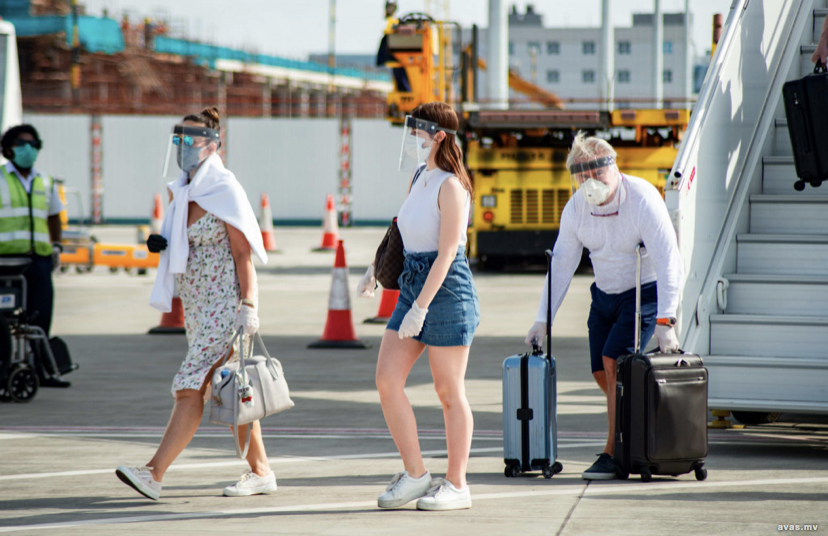Maldives suffered a heavy economic blow in 2020 due to the Covid-19 global pandemic reaching its shores. The viral contagion caused thousands of positive cases in the island nation with many hospitalized and demise of several others.
Concurrently, businesses operating in the island nation had faced a similar blowback with many small-to-medium tier enterprises forced to shut down their operations.

On the other hand, the Government of Maldives found itself battling to ensure preservation local corporations and companies amid the pandemic in order to keep the country’s economic afloat and intact. To achieve this end, the Bank of Maldives (BML) had even announced moratoriums on its loans for a specific period in order to provide some relief to the embittered businesses.
Meanwhile, the heavily impacted economy of the island nation started to rise through the ashes in 2021 and observed commendable achievements throughout the year. On October, the Ministry of Tourism reported that the tourist arrival target for the year; had already exceeded while the arrival count following the said review period is now running in excess of the projections.
Furthermore, revenues earned to the state from tourism industry – primarily through Tourism Goods and Services Tax, Green Tax as well as Rents from Resorts had significantly increased in 2021 when compared with corresponding periods in 2020.
But the question of full economic recovery for the Maldives by the upcoming 2022 and the succeeding 2023 has once again entered into uncertain territories following the discovery of the Omicron variant of the Covid-19 virus.
Just a week back, it was reported by the Health Protection Agency (HPA) of the Maldives that the island nation has discovered its very first positive case of the Omicron variant; found from an arriving tourist. So far, the details of the degree of spread of the Omicron variant within the Maldives need to properly quantified but should the previous case scenarios be put into simulation then it may be safe to say that the island nation is strictly in need of strengthening its inbound and outbound travel measures – a step that the government is already taking.
Moreover, the severity of the Omicron variant in the European region is slowly becoming intense with many of the countries reporting in their respective restrictions on international aviation. Countries such as Morocco and Japan announced complete border closures, which will have faint domino effect on the aviation industry of the Maldives. More precisely, an observable decline of tourists to the island nation originating from these destinations.
A recent economic overview from the Maldives Monetary Authority (MMA) had shown visible improvements in 2021, of all the major economic sectors in the Maldives – namely the tourism, construction, retail and wholesale trade as well as transportation and communication sectors.
But it still unsafe to fully state that the sectors will fully recover in the upcoming year when the variables that may adversely impact or hinder the progression have started to increase once again; the recent being the new Covid-19 variant.
Meanwhile, most of the international organizations functioning in the aviation industry report noticeable decline of activities in the global aviation scene amid the Omicron variant – which obviously will be reflected on Maldives in terms of tourist arrivals in the upcoming months – bleeding into 2022 as well.
So as of December 2021, while factoring all of these aspects the question of whether Maldives may or may not achieve complete economic recovery in 2022 is very much a guessing game which can be ascertained only after observing the contributing factors in the prospective months.


